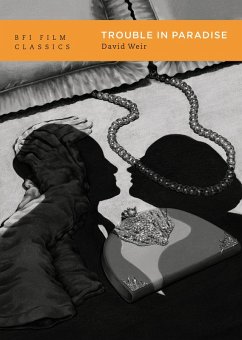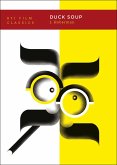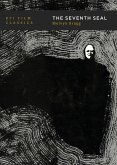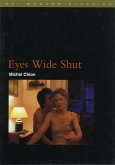Ernst Lubitsch's Trouble in Paradise (1932) was released at a critical moment in cinema history, just after the advent of synchronized sound technology and just before the full implementation of the production code. By the time of its release, Lubitsch had already directed more than 50 films, but it was unlike anything he had done before. Aside from being his first non-musical talking picture, the film introduced a level of sophistication and visual subtlety that established the benchmark for classic Hollywood cinema for years to come.
In his study of the film, David Weir explores its significance within Lubitsch's career, but also its larger cultural significance within the history of cinema, and the social context of its release during the Great Depression. Paying careful attention to the film itself, Weir discusses its source material, its mise-en-scène and art deco production design, and its inventive use of post-synchronized sound. Drawing on original archival research, Weir traces Trouble in Paradise's reception history, including its critical reception, and the effect of the Motion Picture Production Code, which led to the film being denied approval for re-release in 1935.
In his study of the film, David Weir explores its significance within Lubitsch's career, but also its larger cultural significance within the history of cinema, and the social context of its release during the Great Depression. Paying careful attention to the film itself, Weir discusses its source material, its mise-en-scène and art deco production design, and its inventive use of post-synchronized sound. Drawing on original archival research, Weir traces Trouble in Paradise's reception history, including its critical reception, and the effect of the Motion Picture Production Code, which led to the film being denied approval for re-release in 1935.









